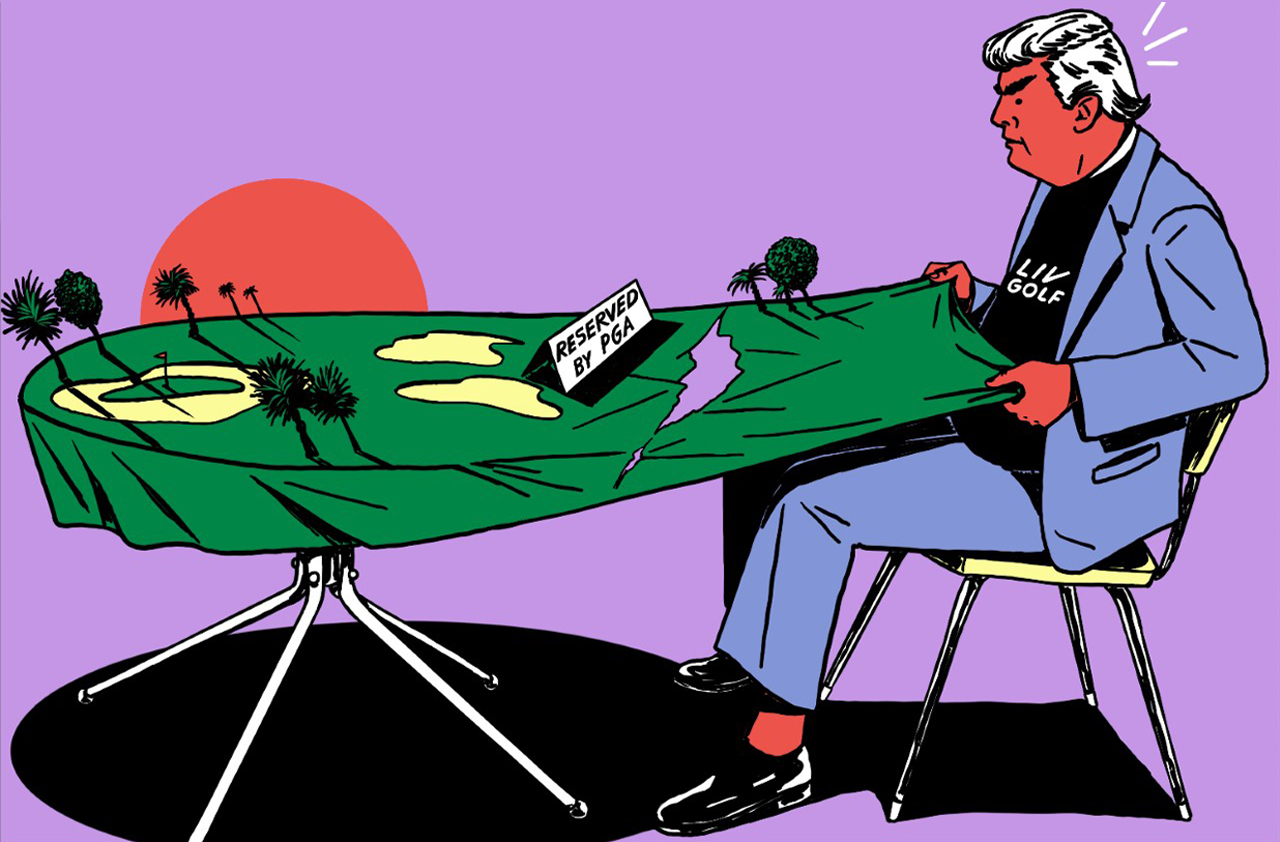
In the past few months, a bitter civil war has engulfed the genteel world of professional golf, sparked by the arrival of a flashy upstart tour called LIV Golf. (It rhymes with “give.”) The new tour, whose chief financial backer is Saudi Arabia’s sovereign wealth fund, has successfully lured a handful of big-name golfers away from the PGA Tour with the promise of nine-figure salaries, more generous tournament purses, and glitzy amenities. The tour has responded by banning rebel golfers from its events, a move that has caught the attention of the U.S. Justice Department, which has reportedly begun investigating the tour for potential antitrust violations.
Unsurprisingly, the new tour has won the enthusiastic support of former Golfer-in-Chief Donald Trump, who has been unceremoniously exiled from the conservative golfing establishment. In June 2016, the PGA Tour pulled a prominent tournament from the Trump National Doral Miami Resort after then-candidate Trump made racist comments about immigrants on the campaign trail. In January 2021, PGA of America followed suit early, pulling the PGA Championship — one of professional golf’s four major tournaments — from Trump’s course in Bedminster after the Jan. 6, 2021, riots. The PGA’s decision reportedly “gutted” Trump, who has responded by urging golfers to abandon the PGA Tour and “take the money” being offered by LIV. This weekend, Trump is playing host to the third tournament of the LIV tour at his course in Bedminster, N.J., with another tournament scheduled to tee off at Trump’s Doral course in Florida at the end of October.
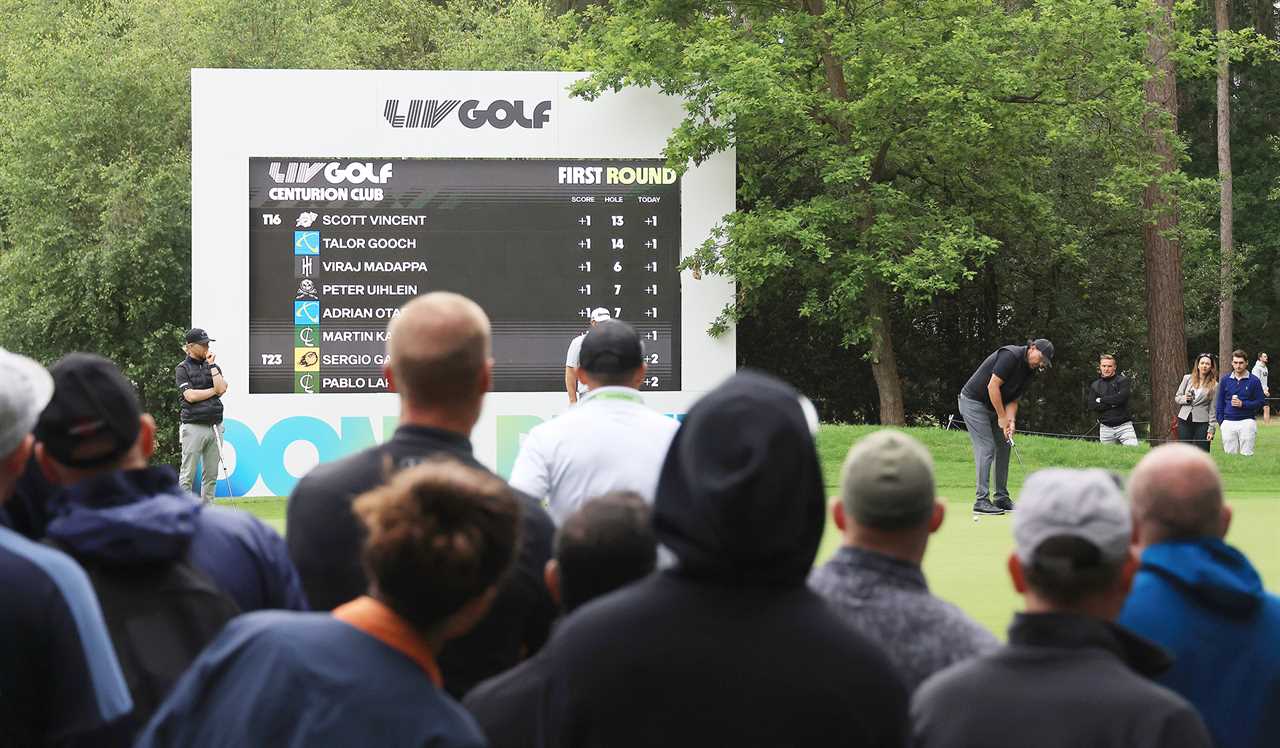
Much has been made of the sheer Trumpiness of this weekend’s event, with its clear undertones of revenge, casual acceptance of Saudi blood money, and callous disregard for the grievances of 9/11 families, who have beseeched Trump to spurn the Saudis out of respect for the memories of their deceased family members and who are airing ads condemning the tournament.
But lost in all the coverage of Trump’s support for the new tour, though, is the fact that Trump tried to pull off a nearly identical gambit over three decades ago. In the 1980s, Trump, then a rising star in New York’s real estate scene, backed an insurgent football venture called the United States Football League, attempting — unsuccessfully — to force a merger with the NFL. The definitive account of Trump’s ill-fated involvement with the USFL comes from Jeff Pearlman’s 2018 bestseller, Football for a Buck: The Crazy Rise and Crazier Demise of the USFL","link":{"target":"NEW","attributes":[],"url":"https://jeffpearlman.com/football-for-a-buck/","_id":"00000182-4ed3-dc88-a3eb-5ff3b7d40002","_type":"33ac701a-72c1-316a-a3a5-13918cf384df"},"_id":"00000182-4ed3-dc88-a3eb-5ff3b7d40003","_type":"02ec1f82-5e56-3b8c-af6e-6fc7c8772266"}">Football for a Buck: The Crazy Rise and Crazier Demise of the USFL, which recounts the ignominious three-year history of the league.
I recently spoke with Pearlman on the phone about the parallels between the two Trump-backed insurgencies and whether Trump has learned anything from his first abortive effort to blow up a professional sports league.
This interview has been edited for length and clarity.
Ian Ward: I’m curious to hear your reaction to one of Trump’s recent posts on Truth Social about the spat between the PGA Tour and LIV. Here’s what he wrote: “All of those golfers that remain ‘loyal’ to the very disloyal PGA, in all of its different forms, will pay a big price when the inevitable MERGER with LIV comes, and you get nothing but a big ‘thank you’ from PGA officials who are making Millions of Dollars a year.”
Jeff Pearlman: Holy shit — he said that?
Ward: Yeah.
Pearlman: Holy cow! That’s amazing. I’m blown away. I mean, I shouldn’t be blown away. He just doesn’t give a shit.
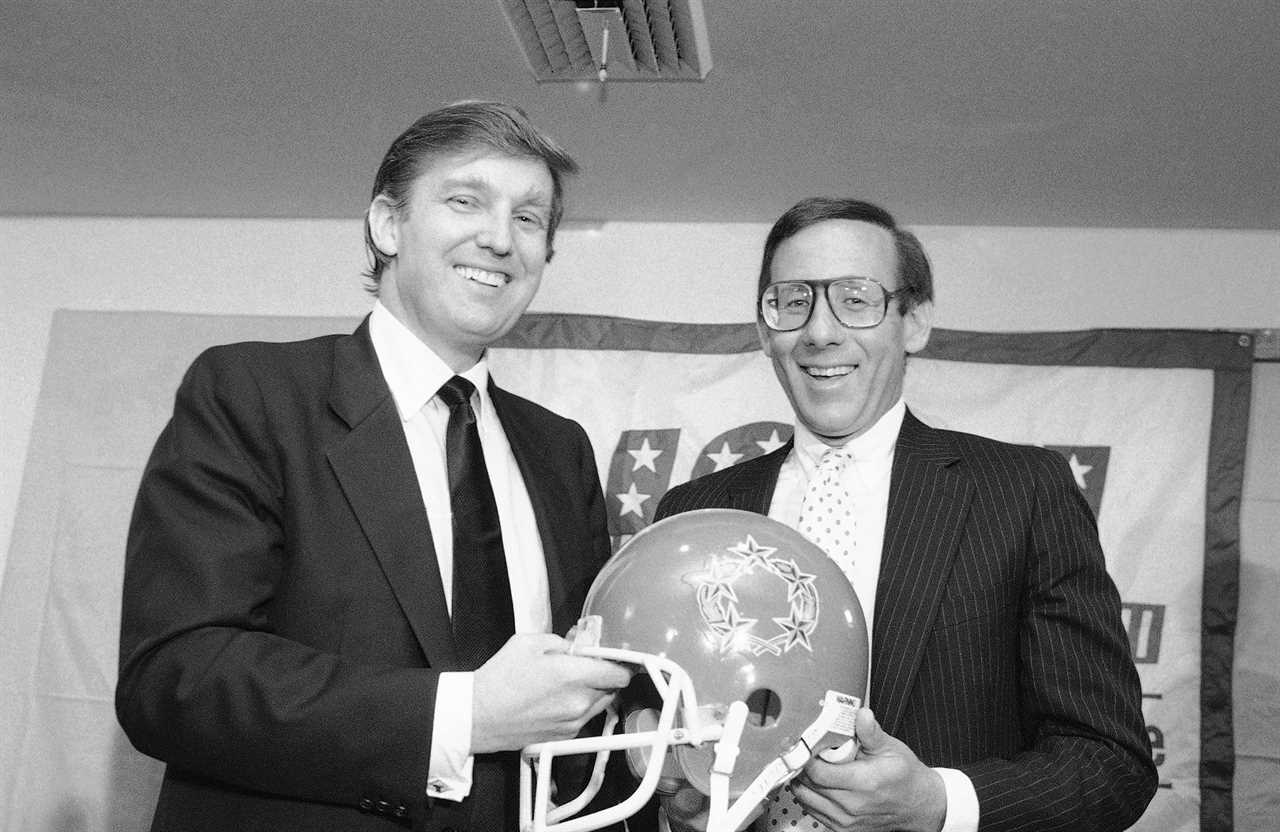
Ward: How did Trump first get involved with the USFL?
Pearlman: The USFL was a spring football league, and the plan was always for it to be a spring football. It was not going to be a direct rival to the NFL. And then Trump came along when he bought the New Jersey Generals after the 1983 season, and he said everything you would say if you were entering the league: “I love this league, it’s great, their plan is fantastic, this is great.” But as soon as he became an owner, he started talking about how the league needed to move to fall. His line was, “If God wanted football in the spring, he wouldn’t have invented baseball.”
He pushed for a move to the fall and he pushed and he pushed, and eventually, he said that the USFL needed to take the NFL on directly. He really intimidated the other owners, and in a lot of ways, the other owners just didn’t want to deal with him. He was loud and brash and insulting in a meeting — they would cringe when he would talk. But the other owners let him talk to the networks about whether it’s worth moving to fall … and they all told him the same thing, which is that it would be suicide. He went back to the USFL owners and said, “They all love it. They think it’s a great idea.” He literally just lied about it all.
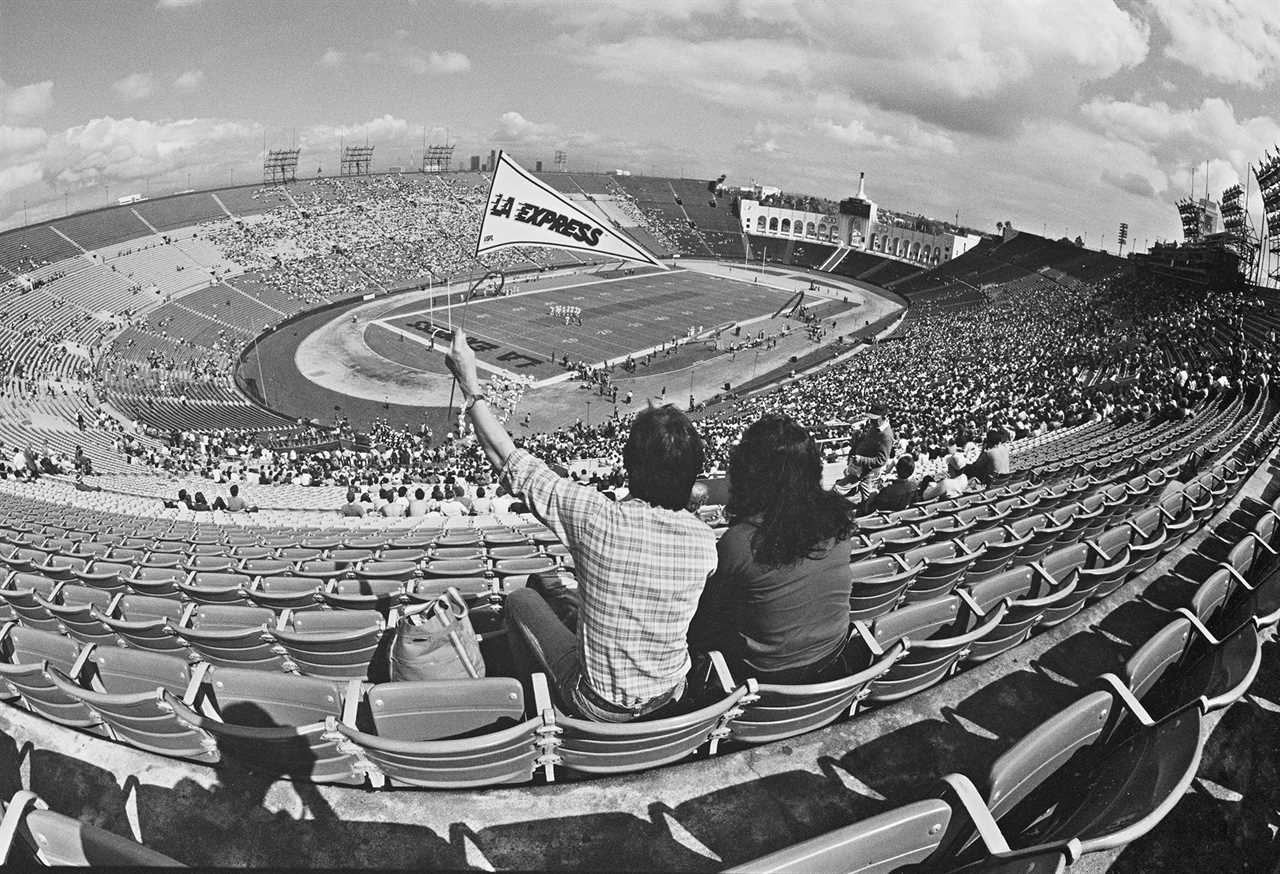
Ward: What did Trump want with a USFL team in the first place?
Pearlman: The only reason he bought a USFL team was to get in the NFL — there’s no debate about that. He tried buying the Baltimore Colts, but it didn’t work, but he made it very clear that he wanted a team in the NFL. To him, the NFL was old money. It was all-American, kind of dynastic families. Trump really wanted that, and they had no interest in him … Not that long after he bought the Generals, he had a secret meeting with the commissioner of the NFL, Pete Rozelle, where he basically said, “I’ll throw the USFL under the bus if it gets me an NFL franchise,” and Rozelle said, “There’s no chance I will ever give you an NFL franchise.”
So he saw the USFL as a vehicle to wedge his way in. That’s really what it was. He never gave two shits about the USFL as a league. He showed no interest in its growth or potential. He just saw it as a way [into the NFL] — “You don’t want me in the NFL here. I’m gonna find another way to do this.”
Ward: How did he ultimately try to make the jump from the USFL to the NFL?
Pearlman: The USFL sued the NFL, and the whole league came down to a lawsuit. The lawsuit was led by Trump and Roy Cohn — the infamous Roy Cohn — who hatched a plan to sue the NFL in an antitrust lawsuit, claiming that the NFL had a monopoly on TV in the fall, that it was deliberate, and that it gave the USFL no competitive chance. If the USFL won this lawsuit — and it was for an insane amount of money — the idea was the NFL would have to settle and would probably have to merge [with the USFL].
But the lawsuit was a disaster. I interviewed one of the jurors in the case, and she said that Trump made it all about himself. He testified repeatedly, and he was nothing short of abhorrent and disgusting and unlikable. And when the jury came back, they said, “You guys are right: the NFL has a monopoly, the NFL has [control of] TV, the NFL was trying to kill the USFL. But you guys have fucked up your own league so badly that we're not giving you any money.” So the USFL ended up winning one dollar, which was tripled to three dollars as an antitrust suit. So they lost the lawsuit, and Trump washed his hands of it. He later called it “small potatoes,” and he moved on.
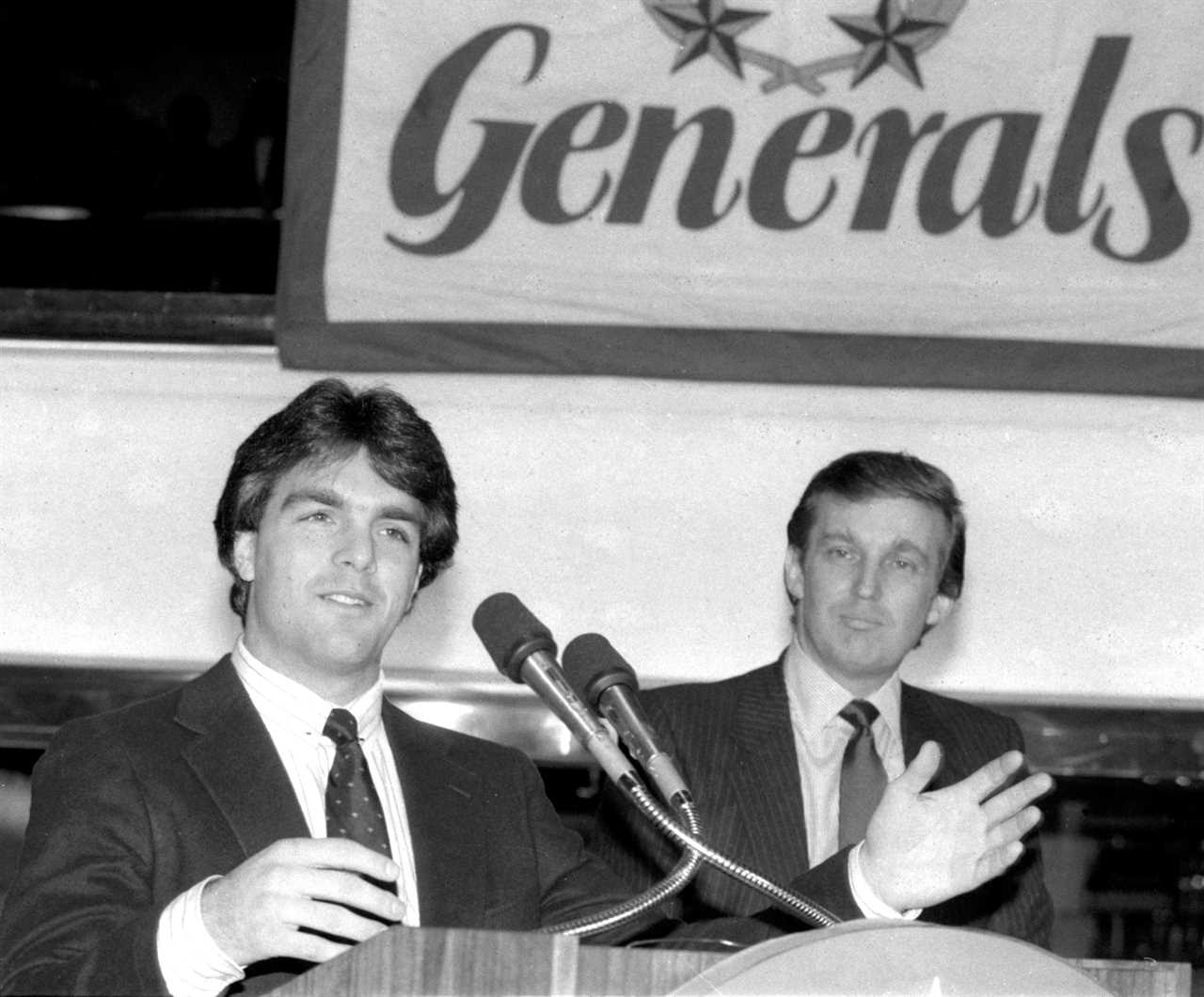
Ward: With all this talk about forcing a merger between the PGA and LIV, is Trump just recycling the playbook that he used against the NFL?
Pearlman: Here’s the thing: When I was working on the book during the 2016 election, I kept thinking that everything he did with the USFL was repeating itself on a national stage — and when I say everything, I mean everything. For example, when Trump was the owner of the New Jersey Generals, he signed Doug Flutie, who won the Heisman Trophy in 1984, to a huge deal to play quarterback. Flutie was a mediocre professional prospect — he was too small — but Trump sends a letter to the commissioner of the USFL and the other owners saying, “I’ve done you all a huge service by bringing Doug Flutie to the USFL,” and that he asked all the other owners to help pay Flutie’s contract. And I saw that and I thought, “That’s the Mexican wall — ‘We’re going to build it, but Mexico is going to pay for it.’”
Ward: It’s sort of ironic that he’s reusing this playbook, given that he failed spectacularly with it the first time. Do you think he learned anything from the failures of his campaign against the NFL?
Pearlman: No. Zero. I don’t think he’s capable.
One thing he did realize back then was, “Oh, there are no rules for me. I’m just going to lie, and I’m going to bullshit, and I’m going to continue to go after what I want, and if the other people have no interest in it, I don’t care. I’m not here for them. I’m here for me.” He just ran over everyone. There were these uber-rich businessmen in America who decided to own USFL franchises, and Trump, who wasn’t 40 years old yet, was just stomping all over them. He just had that ability to stomp all over people.
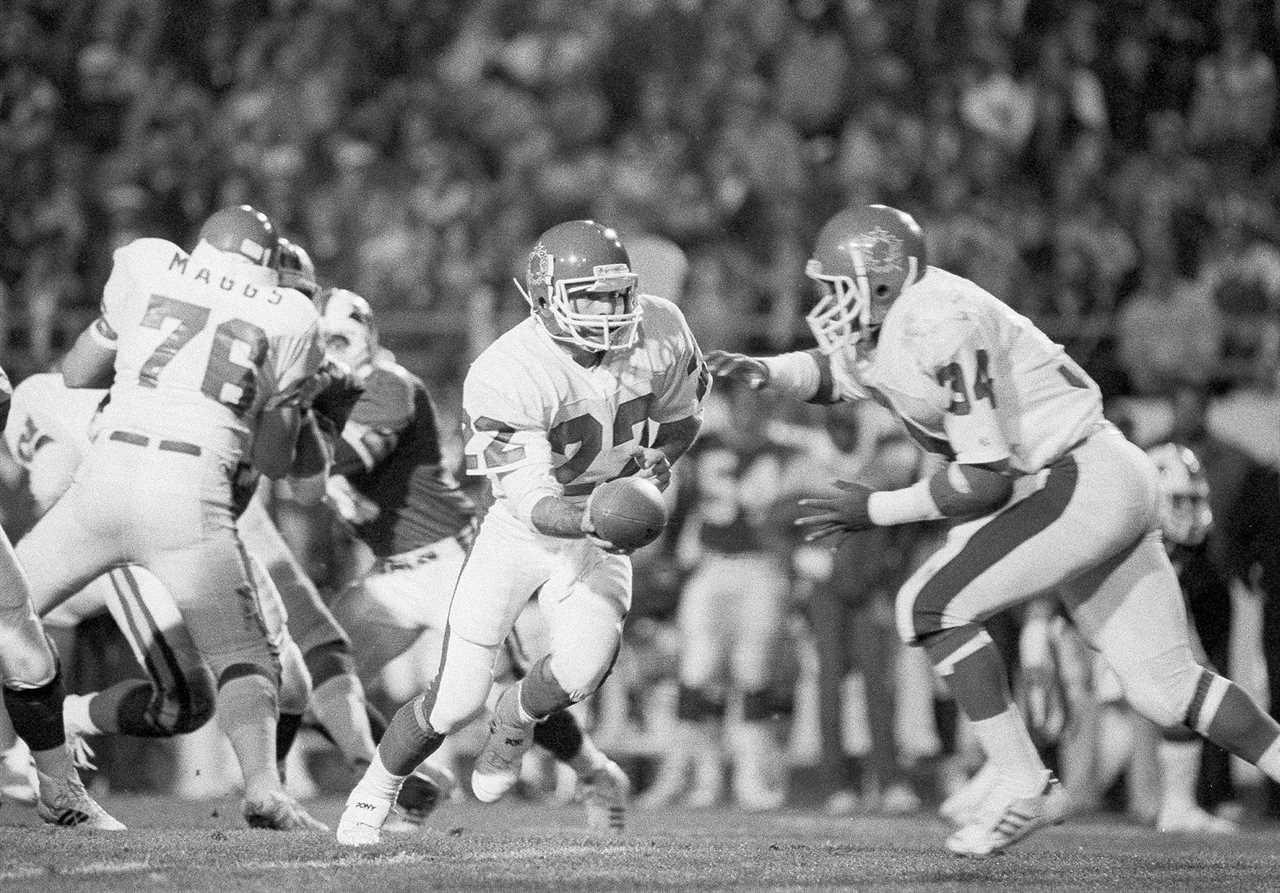
Ward: Were there any successful elements of Trump’s crusade against the NFL?
Pearlman: If you look at the change in the average NFL salary over time, it skyrocketed right when the USFL arrived, and that’s because USFL was going after NFL players. If you want to give Trump credit, you can give him credit for actually trying to sign former NFL stars to the Generals, and he did increase salaries. But again, did he do it for the betterment of humanity for the betterment of football players everywhere? No, he did it for himself.
Ward: Obviously it’s too early to know whether Trump’s support will help or hurt LIV. But based on this background, do you think he stands a chance of winning?
Pearlman: I actually don’t know what it means for him to win, and I don’t even think he knows what it means to win. I think he can’t resist it. He’s always loved golf, he loves golfers, and he loves being surrounded by famous people who suck up to him — and golf is a pretty good avenue for that.
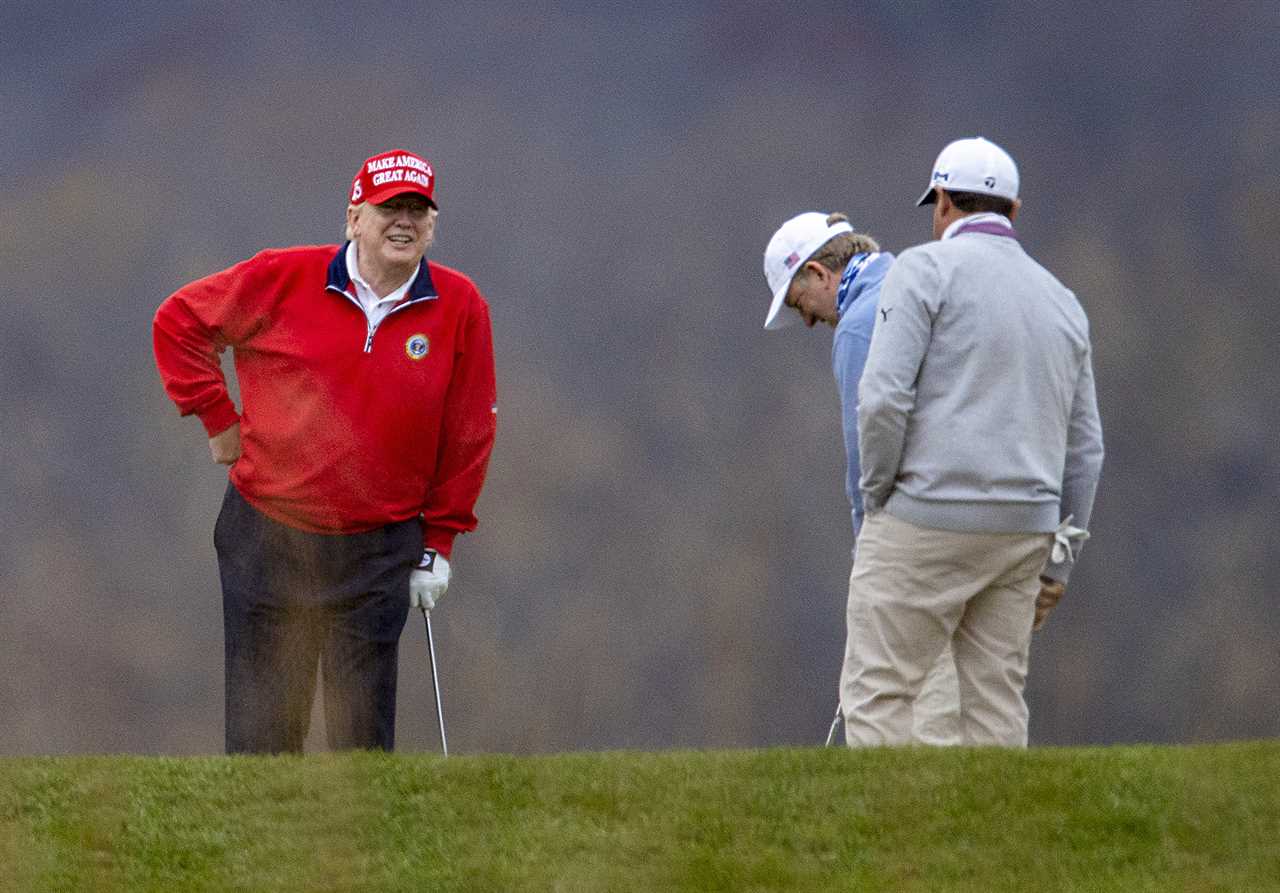
Ward: Are there any lessons from the history of Trump’s fight with the NFL that might be useful for understanding his latest feud with the PGA?
Pearlman: I think the biggest lesson from the USFL is that he is always out for himself. You can't assume anything he says is honest, you can't assume anything he says has anything to do with the good of the league or of the sport, you can’t assume any statistics he cites are real, and you can't assume any conversations he refers to actually happened. You just have to begin from the base idea that whatever he's doing has something to do with his own game.
At the end of the day, that’s the biggest parallel: It is 100 percent about him and his publicity. It’s just about him.
----------------------------------------
By: Ian Ward
Title: Donald Trump’s Sketchy Playbook for Blowing Up a Pro Sports League
Sourced From: www.politico.com/news/magazine/2022/07/29/donald-trump-pga-saudi-arabia-00048175
Published Date: Fri, 29 Jul 2022 06:18:00 EST






